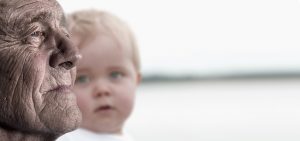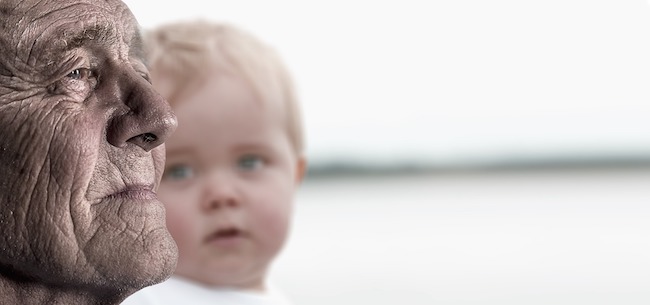
After Joseph is reunited with his brothers, and Jacob and his family journey to Egypt to settle there, Joseph brings his aged father in front of the Pharaoh of Egypt. Pharaoh, who was Emperor then of the entire civilized world, asks Jacob a strange question. He asks him: ” How old are you?” On the surface, this can appear to be a natural question that people ask when encountering someone of very advanced years.
Nevertheless, the question itself is disturbing to the one who is being questioned. It indicates that somehow that person has outlived his time and his usefulness. Otherwise why would the question be asked and of what value is it to the questioner if the older person responds and gives him a number indicating how long he has lived on the face of this earth.
Jacob senses that there is a note of derision implicit in the question of the Pharaoh. He is reading the mind of the Egyptian king and he realizes that Pharaoh considers him and all that he represents to be a relic of the past, a has-been, someone who is irrelevant to the current world, its challenges and accomplishments.
Because of this deeper understanding of the frame of mind of the Pharaoh when he first sees Jacob, Jacob himself answers in what initially appears to be a very strange fashion. He says that his life as been short and bitter with troubles and that he has not yet achieved in his days the accomplishment of his ancestors. In effect he is telling the Pharaoh not to discount him and his life, short and troubled as it may have been. The old man is implying that he has something left in him yet to teach and guide future generations, and even the Pharaoh himself.
This is borne out at the conclusion of the short conversation between Pharaoh and Jacob. We are told that Jacob blessed Pharaoh though the text does not reveal what specific blessings Jacob bestowed upon Pharaoh. However Jewish tradition teaches us that the blessing was that the famine, that then engulfed the world and had Egypt itself on the verge of collapse, would end.
Joseph had already confiscated all the wealth, land and people of Egypt in order to feed them during the first two years of the famine. Apparently now there were no resources left for the Pharaoh to overcome this deadly famine. The Pharaoh does not realize that the old man standing in front of him, a person that he seems to view with little value and importance is really the messenger of God who will save Egypt, and in fact the throne of Pharaoh as well, from destruction and annihilation.
Pharaoh was looking for new solutions, new ideas, new gods in order to extricate himself from the problems that faced him and his people. Jacob represents the old way, the way of faith and belief in service to God and to God’s creatures on earth. It is true that this may not have, at first, appeared to be a popular package for the Pharaoh to adopt, but eventually it will be the only thing that will save him in Egypt. The old confer blessings upon later generations. This is not often realized and therefore the blessings are discarded, but eventually it will be only Jacob’s blessings that will prove to be worthwhile and effective.
Shabbat shalom
Rabbi Berel Wein


